Getting drunk on a plane might seem like a fun idea, especially if it precedes a much-needed vacation, but in reality, it’s wiser to save the drinks for the beach (though that has its risks too).
Drinking is generally unhealthy, but consuming alcohol at 30,000 feet has different health implications compared to drinking on the ground.
Reconsider the Liquor
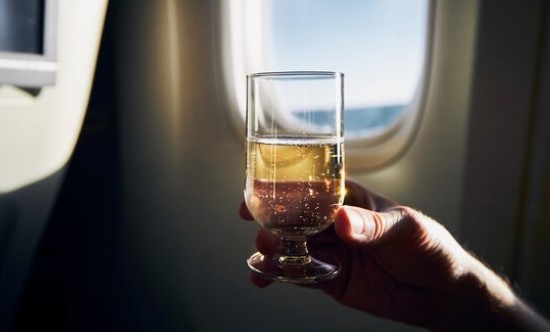
Experts explain what happens to your body when you drink alcohol on a plane and why you should reconsider asking the flight attendant for those mini liquor bottles.
At higher altitudes, oxygen levels and atmospheric pressure drop, according to Dr. Thomas Pontinen, physician and co-founder of MAPS Centers for Pain Control.
Oxygen Levels
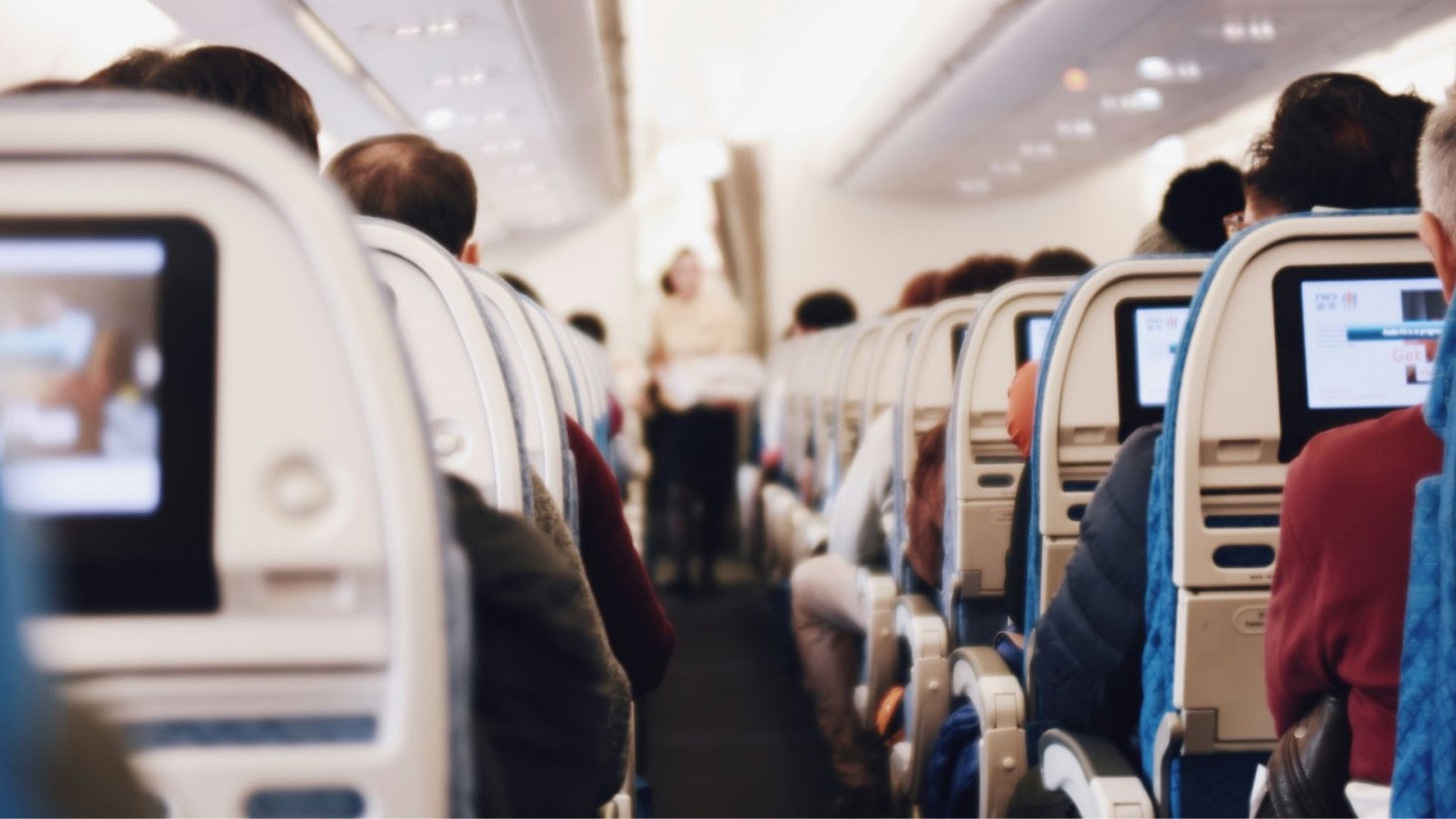
Normally, oxygen binds with hemoglobin to transport oxygen throughout the body and facilitate vital processes, including the body’s ability to metabolize alcohol.
“The lower our oxygen levels, the harder it is to metabolize and eliminate alcohol,” Pontinen says.
Dizziness, Headaches and Confusion
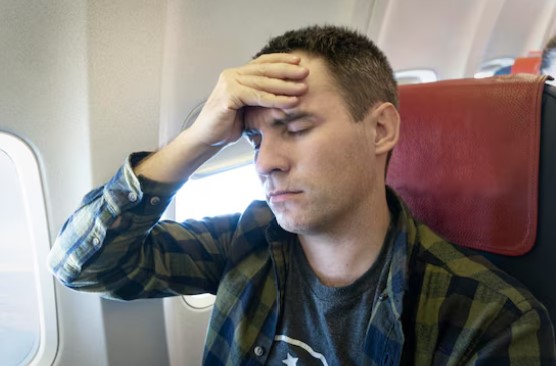
Alcohol further reduces oxygen levels because it prevents some oxygen from attaching to hemoglobin, leading to dizziness, headaches, and even confusion.
These risks are particularly concerning for individuals over 65 and those with medical conditions, as noted by Dr. Leonard Pianko.
You Might Get Drunk Faster
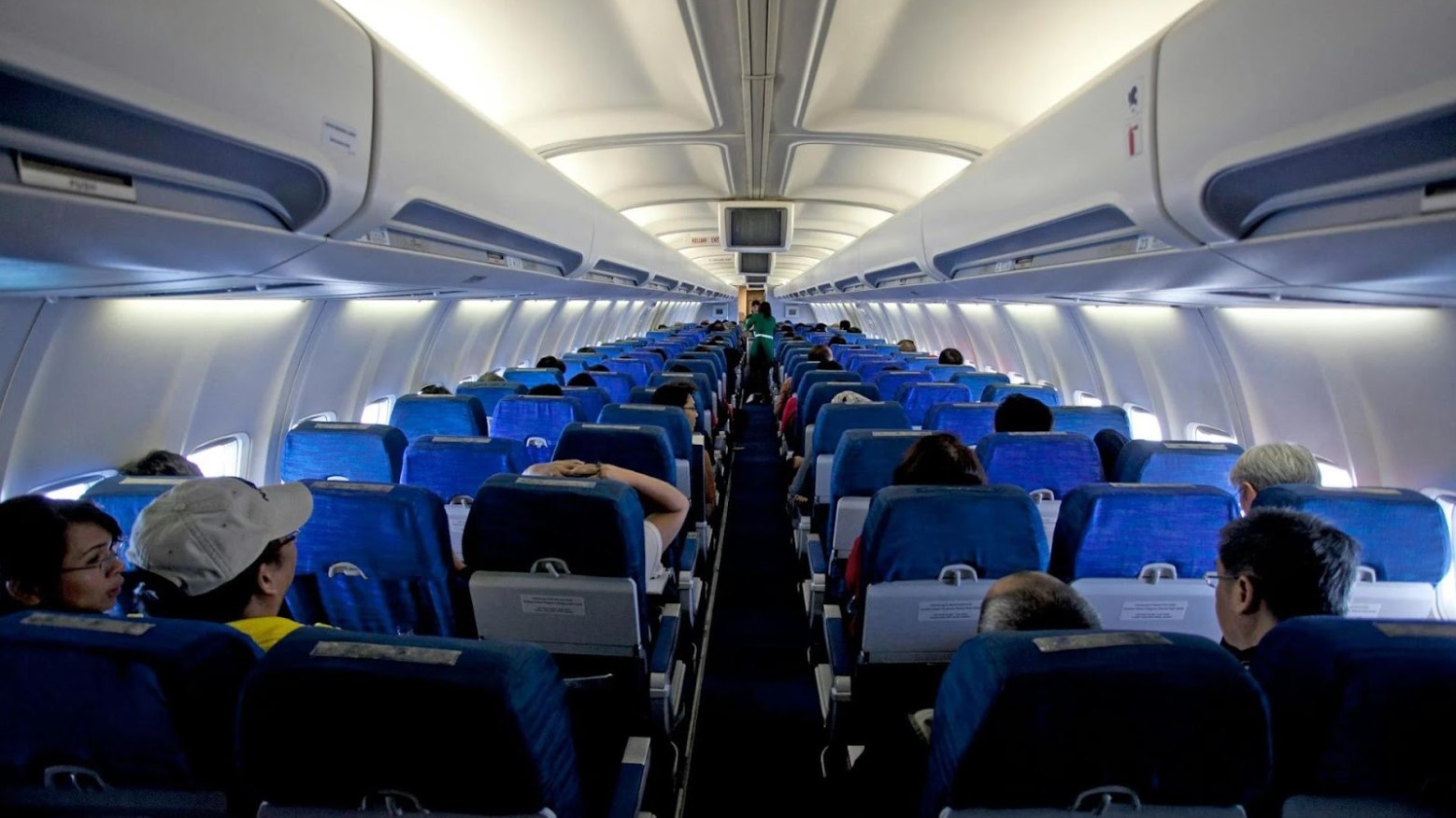
Drinking alcohol can also have a stronger impact if you haven’t eaten before takeoff or if you snack on low-nutrient foods like the pretzels provided by flight attendants.
“An empty stomach makes you get drunk faster,” Pontinen explains. Without food, the stomach opens its valves to let alcohol enter the intestines, where major absorption occurs. To mitigate these effects, he recommends eating slower-digesting foods with healthy fats, such as nuts, hard-boiled eggs, or yogurt.
Causes Dehydration
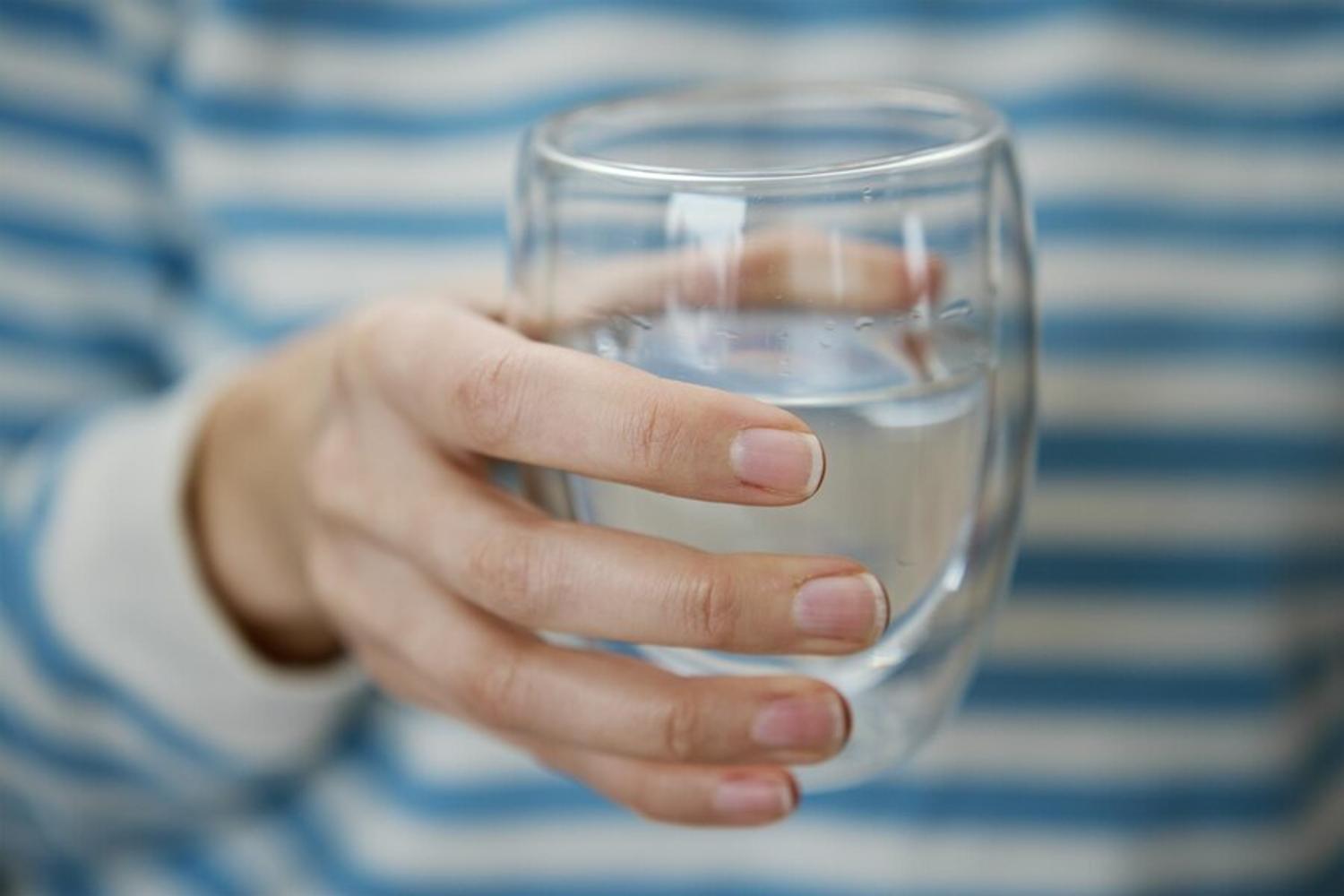
The low humidity levels in airplane cabins — about 10%-20% compared to the 35%-65% found in typical environments — can cause dehydration, leading to symptoms like dizziness, headaches, and fatigue, according to Dr. Elizabeth Sharp.
You might also drink less water on a plane while watching movies or sleeping, increasing dehydration risk. Pontinen adds that alcohol is a diuretic, further intensifying dehydration.
Blood-Clotting
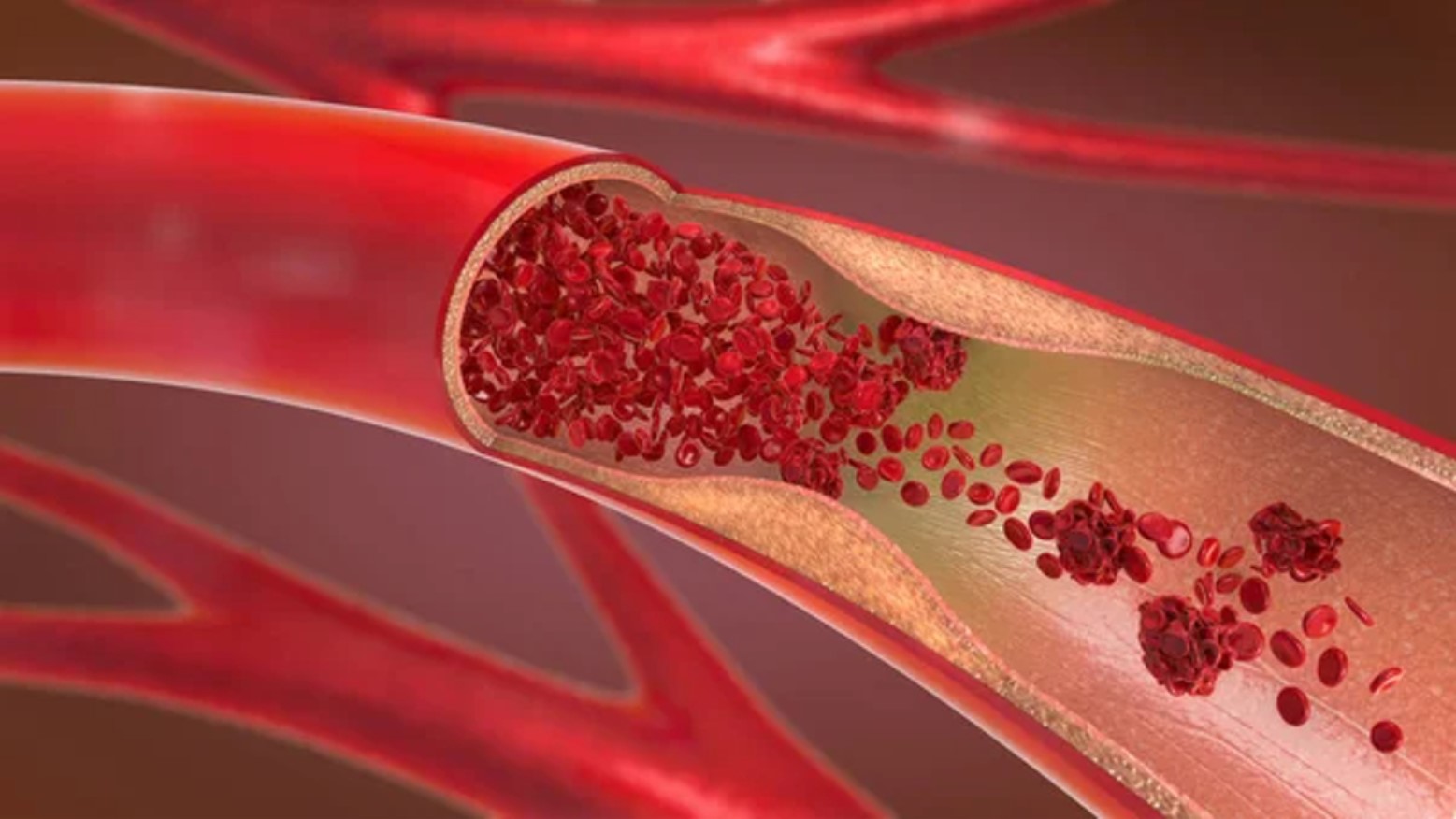
Dehydration, coupled with prolonged sitting during flights, can increase the risk of blood clots, or deep vein thrombosis. “It’s not just the alcohol,” Pianko says. “It’s the effect of alcohol combined with what you eat, what medications you take, digestion, and sleep.
What I worry about most is that individuals who drink alcohol take a sleeping pill and cross their legs, which can lead to increased blood clotting.”
Risky for Individuals with Heart Conditions

In general, alcohol raises the risk of heart disease by weakening heart muscles and raising blood pressure, Pontinen explains.
A June 2024 study examined the combined effects of cabin pressure and alcohol consumption on long flights in both healthy individuals and those with preexisting heart conditions.
Lower Blood Oxygen Levels
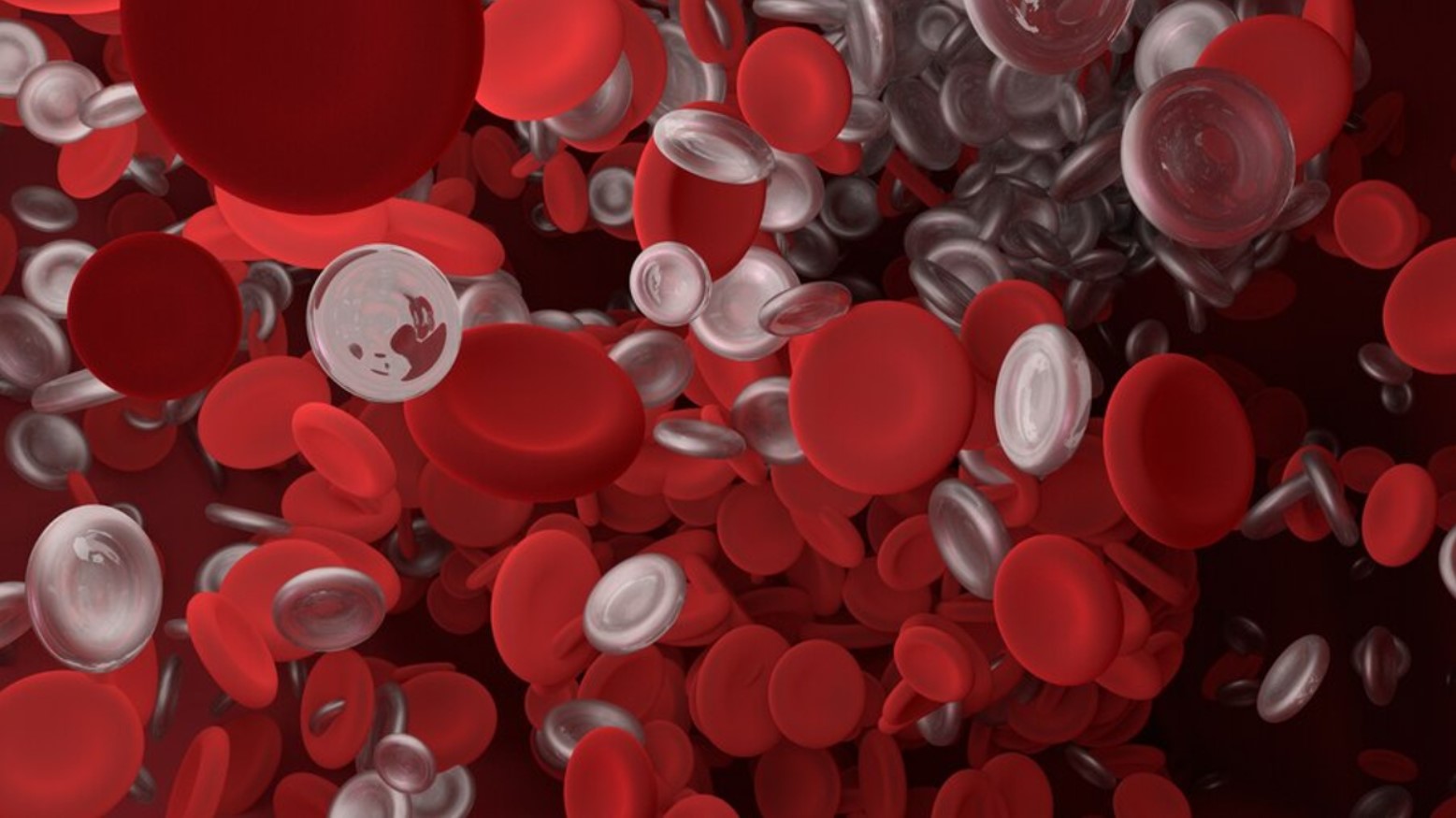
The study found that even healthy participants experienced cardiac strain, manifested as lower blood oxygen levels and increased heart rates.
This caused hypoxia and disrupted deep sleep in participants.
Avoid Alcohol 12 Hours Prior to Flight
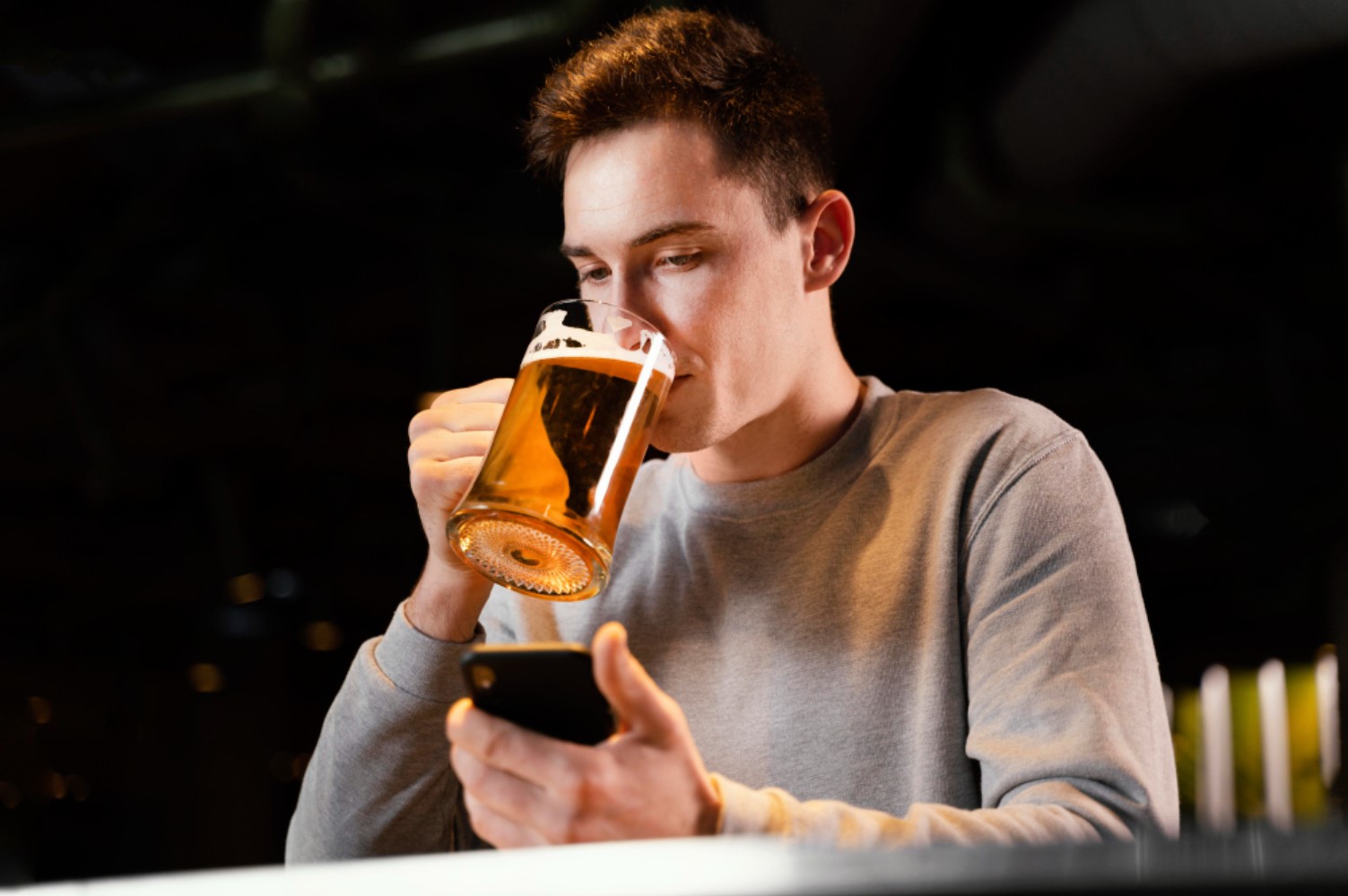
These effects are particularly dangerous for those with heart conditions.
The researchers suggest that people with obstructive sleep apnea or obesity hypoventilation syndrome, a breathing disorder, avoid alcohol for 12 hours before flying.
Restrictions Recommended
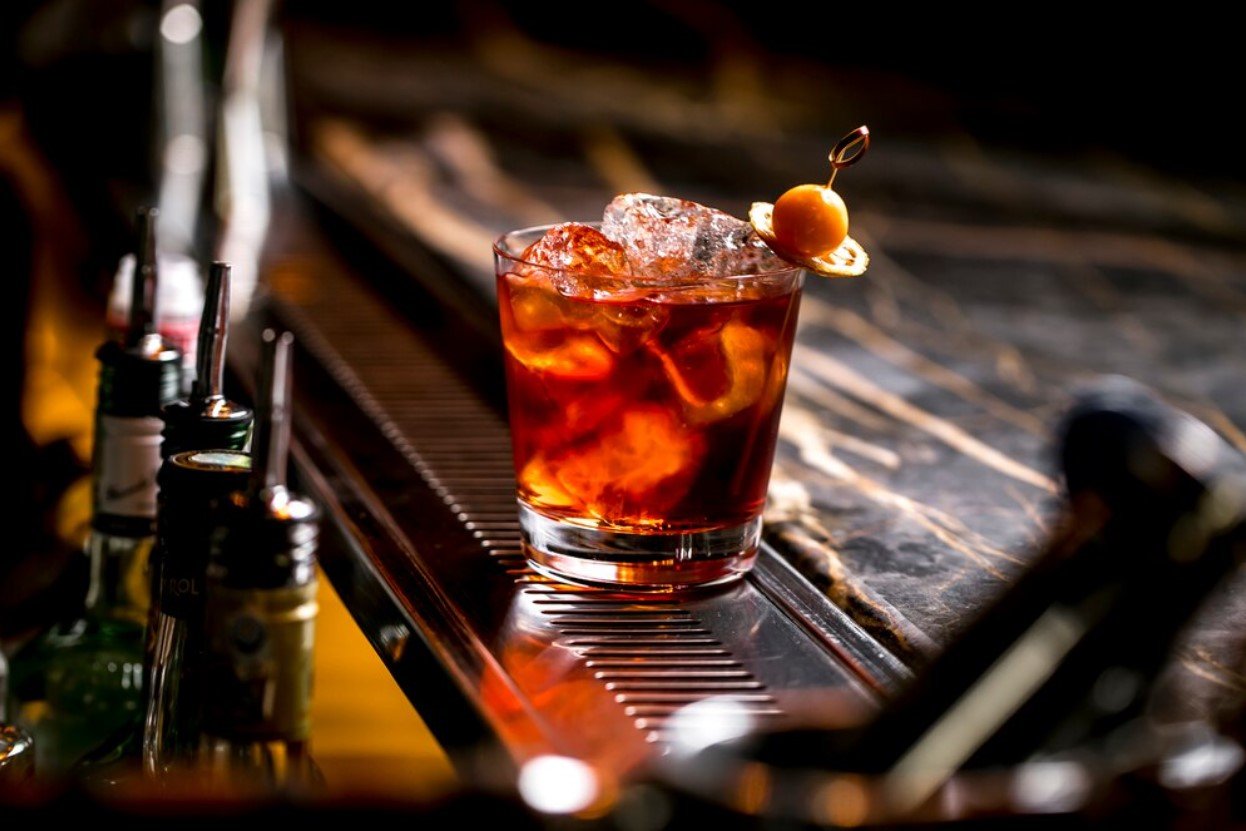
They also recommend restricting access to alcoholic beverages on flights due to potential heart health risks.
Suffering from an attack from such health conditions on an airplane can be extremely dangerous as there would not be much medical help available.
A Glass of Water per Alcoholic Drink
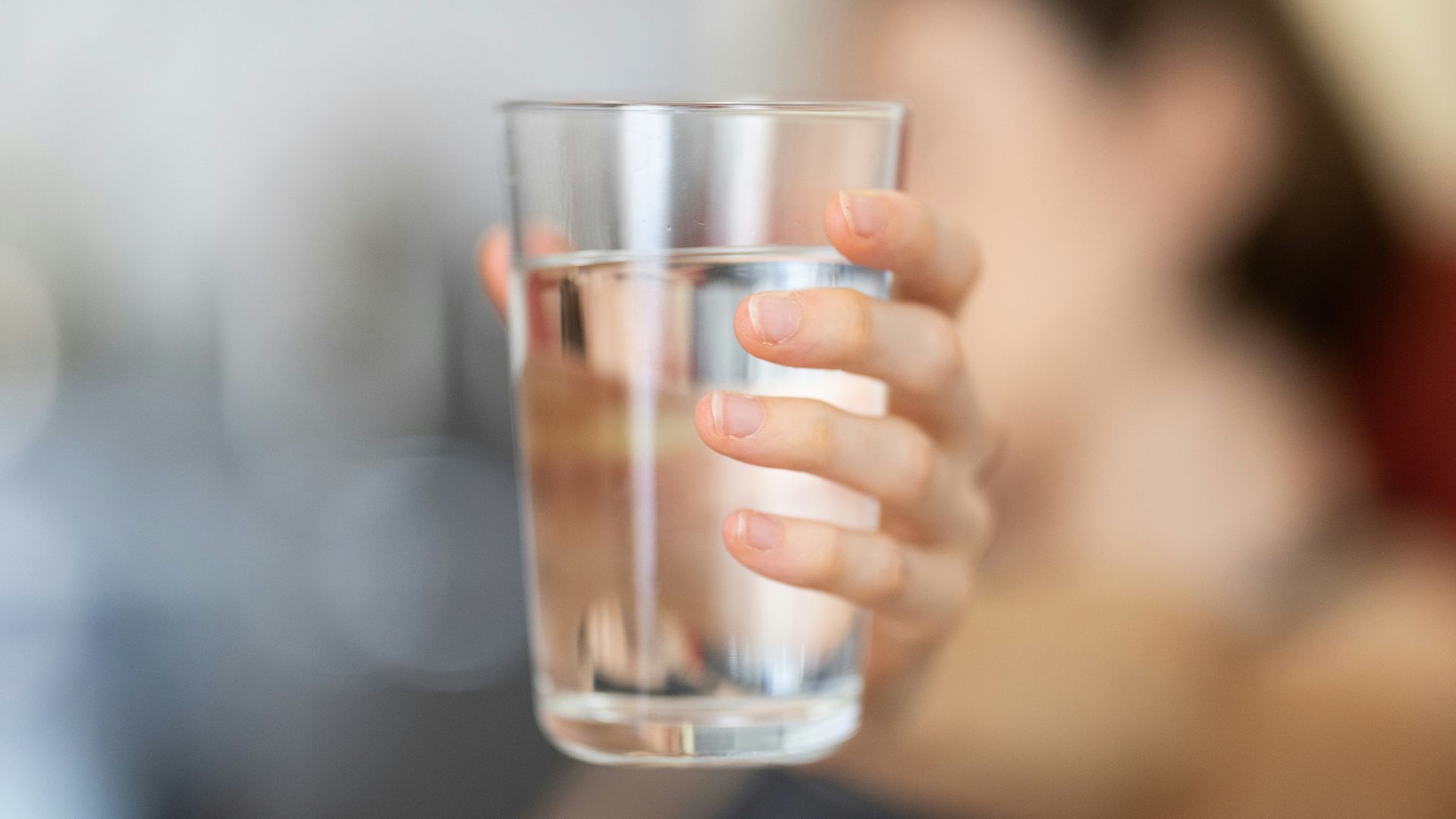
While it’s best to avoid alcohol entirely during a flight, Sharp advises those who still want to drink to consume a glass of water for every alcoholic beverage.
She also recommends moderation, limiting alcohol intake to no more than two drinks, even on long-haul flights.








































